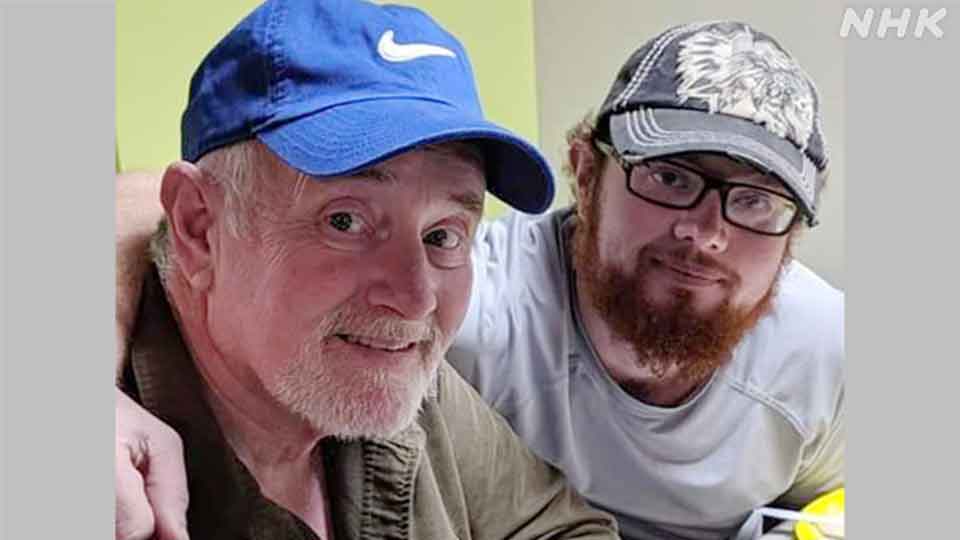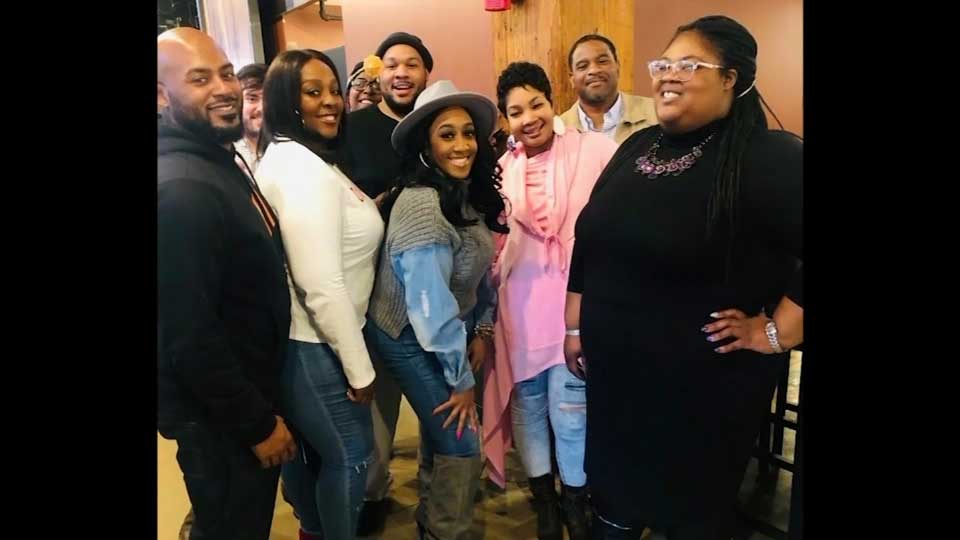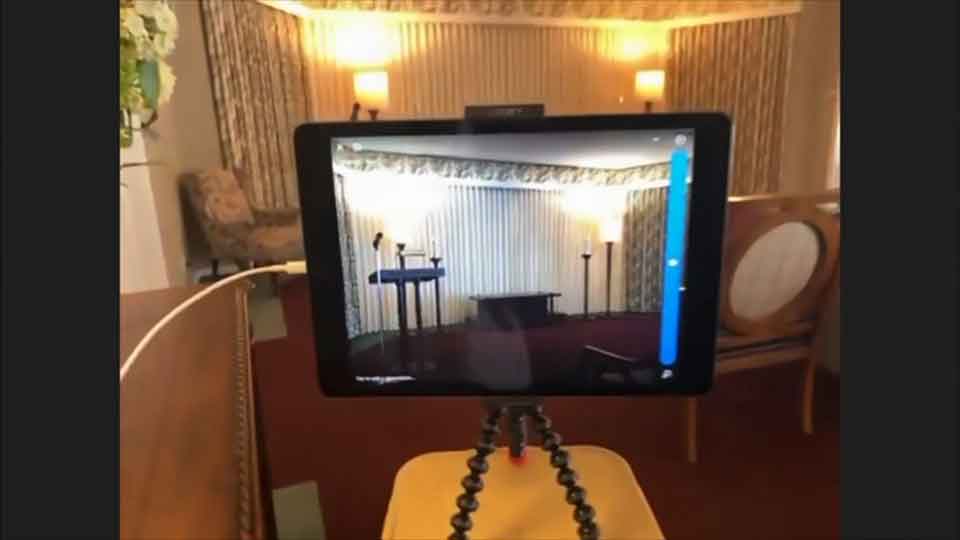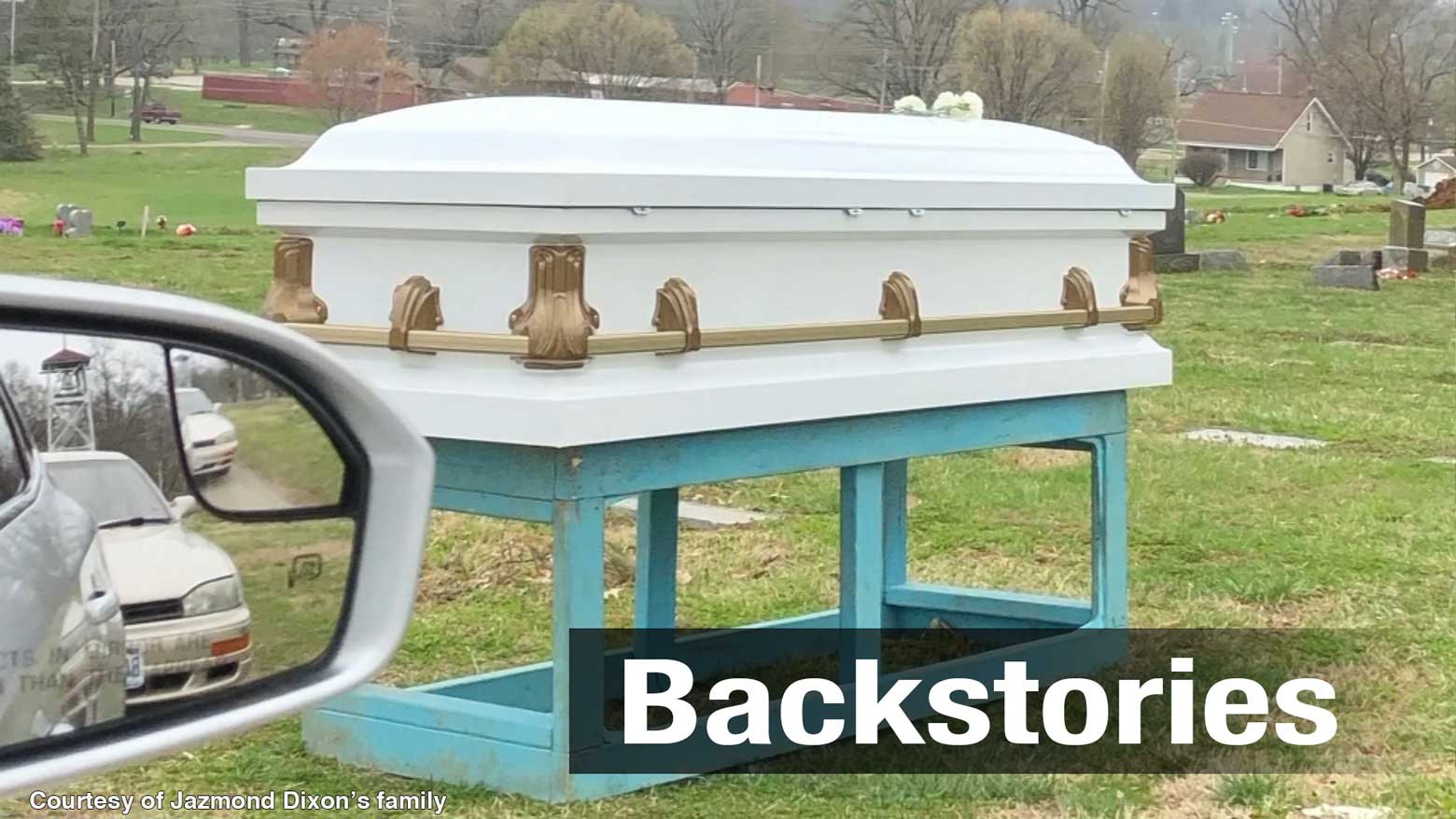Unable to say goodbye
When 62-year-old David Pitman’s coronavirus took a turn for the worse, he was placed on life-support in a Kentucky hospital, and his family faced an agonizing decision. Doctors said he had just a 5% chance of survival or would be in a vegetative state. But his family knew he didn’t want to be kept alive artificially. So, they decided to let doctors turn off the machine.
One of his sons, Dustin, described the difficult decision they had to make, saying it was painful the family couldn’t be with him in his final moments.
“Mom said she would have never imagined the last time that he walked out of the house would be the last time she got to see him,” he says.

Youth is no shield
Nobody considered Jazmond Dixon at risk of dying from the virus. At 31, she was young and had no pre-existing conditions. She had just gotten her MBA and was planning to set up her own business. But she experienced flu-like symptoms and admitted herself to a hospital in Missouri. Six days later, she passed away.
Her cousin Belafae Johnson Jr. says the family realized the gravity of the situation only 30 minutes before she died.
“At no point in time did we really anticipate her dying,” says Johnson. “It was just a complete shock. We were in disbelief.”
Jazmond’s family is now struggling to come to terms with the fact that she spent her final moments alone.
“It's just a pain that we’ll probably carry for the rest of our lives,” says Johnson.

Dr. Kaedrea Jackson of Mount Sinai Morningside Hospital in New York says the coronavirus can affect anyone. And she warns that patients can take a sudden turn.
“You could be talking to a patient 30 minutes before, and later they go into a respiratory arrest in terms of requiring to be intubated and going to cardiac arrest.“
From traditional to virtual ceremonies
Due to fears about contagion, Jazmond’s body was taken directly to a graveyard for burial. The funeral home followed federal guidelines and restricted attendance to just 10 people. The rest of the family watched from their cars.
“Our family was not allowed to get out of the cars. So essentially all they were able to do was to watch her casket. I think that the isolation that it causes is probably one of the most tragic things about the coronavirus,” says Johnson.
This tragic situation is something the funeral industry is working to change. Virtual funerals are being conducted using live-stream on Zoom, Facebook and other platforms.
Dutch Nie, who runs a funeral company in Michigan, has merged traditional and digital methods. “We've been incorporating the use of technology, so we can do a live stream of a visitation or funeral. Families can log in and watch it, as it's happening. They can leave comments and interact.”

Dutch says he was initially apprehensive about virtual funerals, but has found that technology increases outreach to people who can share heartfelt messages. He describes it as an unexpected benefit to grieving.
“I believe it's an enhancement to the services we do. I only see that this is going to enhance the outreach in the ability to help families share in their grief,” he says.
Importance of physical presence
In these uncertain times, people are cherishing physical community. For mourners, that need is even greater. Virtual funerals are one way to address the absence, but they cannot replace being with a loved one in their last moments.

